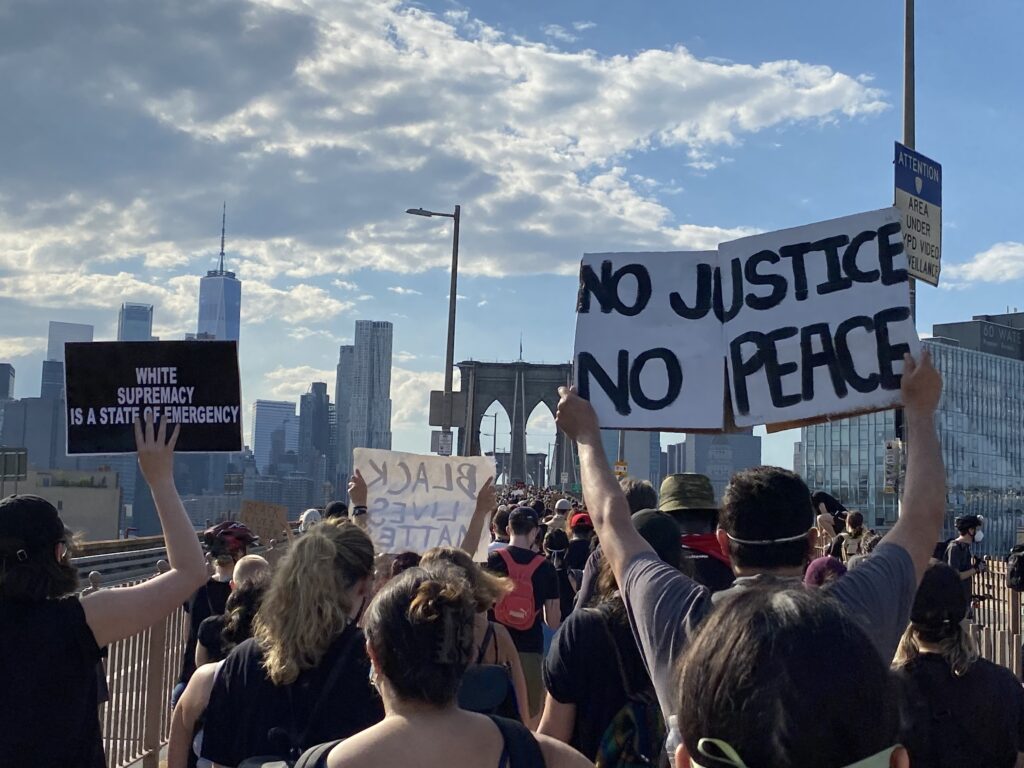By GUNTHER GELTINGER
Translated from the German by CRISTINA BURACK
Letter appears below in both English and German.
 Rügen, Germany
Rügen, Germany
Translator’s Note: I did not come across this text; rather, it came across me, arriving in my postbox in an orange envelope, complete with wax seal. It was part of a project called LitBrief-19, which was organized last spring by the Literaturhaus Bonn, in Germany, as a way to keep the literary community together despite the pandemic.
Every month, a writer pens an original letter that gets mailed out to subscribers. While I’ve enjoyed every letter, Gunther Geltinger’s text particularly moved me. It was both very specific to his beloved Rügen, a large German island in the Baltic Sea, and yet very universal in its emotions: how it expresses the unique personal relationship people can have with a place that plays an integral role in their identity, how the pandemic has upended our ability to be in such places, and how, despite a rapidly changing world environment, such places as experienced remain formative for life. It is an intimate text, and it’s packed with thoughtfulness, nostalgia, poetry, humor and a reassuring sense of being rooted in a place that is physical, geographical and above all else, emotional.
October XX, 2020
How should I start this letter? Using “Dear Sir,” “Dear Madam,” or “My sweet dear” to address you doesn’t do you justice. You’re not dear, and you’re hardly ever sweet. Your grammatical gender is neutral, but “the island,” die Insel, is feminine, and a friend of mine who recently visited me and expected a lighthouse surrounded by dunes, overlooking the sea in four directions, she even called you a continent. The fields of flint rock bordered by the moors struck her as being from another hemisphere; on the Zicker Mountains she felt as if she were in Scotland; and the Kreptitz Cliff, with its windblown hawthorn bushes and allure for amber seekers, reminded her of a secluded coast in New Zealand, where she’s never been. When I told her about an acquaintance who lives on the southern tip of the island and has never been to Gellort, the northernmost point, where my mobile service provider sends me a text message welcoming me to Sweden, she said: Well, it’s not like you would expect a Tunisian to have seen the Cape of Good Hope. My friend would probably understand why I am writing to you and would advise me to post the letter in a bottle. Someone on some other island, somewhere else in the world, would fish it out of the sea and think it was for them.







 Berlin, Germany
Berlin, Germany










 Rügen, Germany
Rügen, Germany